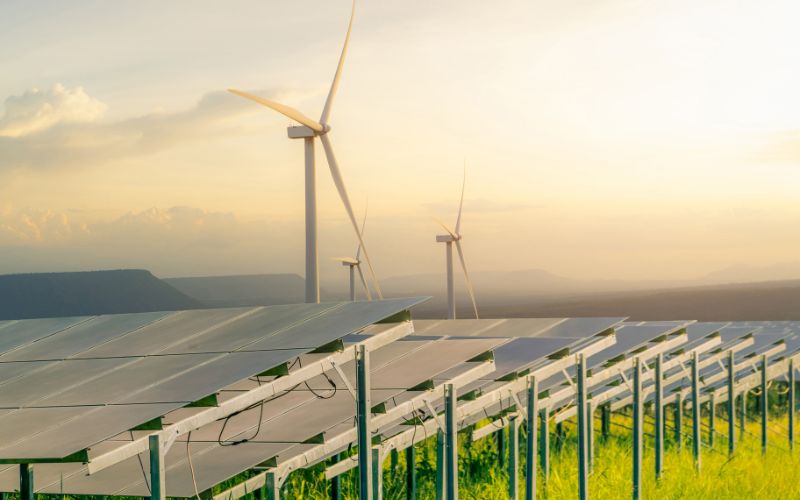
In the face of accelerating climate change and growing societal concerns about environmental sustainability, the global energy landscape is undergoing a profound transformation. This transition is not merely about shifting from one energy source to another; it represents a fundamental reimagining of how we produce, distribute, and consume energy. At the heart of this transition lies the integration of Environmental, Social, and Governance (ESG) principles into energy-related decision-making processes.
Embracing Renewable Energy: An ESG Imperative
The energy transition underscores the urgency of reducing greenhouse gas emissions and mitigating environmental degradation. Renewable energy sources, such as solar, wind, hydro, and geothermal power, offer a promising avenue for decarbonizing the energy sector. By investing in renewable energy infrastructure, companies and governments can significantly reduce their carbon footprint and contribute to a more sustainable future.
From an ESG perspective, renewable energy projects not only mitigate environmental risks but also present compelling investment opportunities. Investors increasingly recognize the long-term value proposition of clean energy investments, which align with evolving societal expectations and regulatory mandates. Moreover, renewable energy projects often have positive social and economic impacts, including job creation, improved public health outcomes, and enhanced energy access for underserved communities.
Challenges on the Road to Energy Transition
Despite the promise of renewable energy, the transition poses significant challenges that warrant careful consideration. One of the primary hurdles is the intermittency and variability of renewable energy sources, which can complicate grid management and energy storage. Addressing these technical challenges requires innovative solutions, such as advanced energy storage technologies, grid modernization initiatives, and demand-side management strategies.
Furthermore, the energy transition raises equity and distributional concerns, particularly regarding the socioeconomic impacts on fossil fuel-dependent communities and workers. As economies transition away from coal, oil, and natural gas, there is a pressing need to ensure a just and inclusive transition for affected workers and communities. This entails providing retraining programs, economic diversification support, and targeted investments in affected regions to mitigate the adverse social consequences of the transition.
Investing in ESG-Centric Energy Solutions
From an investment perspective, the energy transition offers a multitude of opportunities for ESG-conscious investors. Beyond renewable energy generation, investment opportunities span a broad spectrum of sectors, including energy efficiency, smart grid technologies, electric vehicles, and sustainable infrastructure development. Companies that embrace ESG principles and demonstrate a commitment to sustainability are well-positioned to thrive in the evolving energy landscape.
Moreover, investors can leverage their influence to drive positive change by engaging with companies and advocating for transparent ESG disclosure, robust climate risk management practices, and ambitious sustainability targets. By integrating ESG considerations into investment decision-making processes, investors can allocate capital toward solutions that address pressing environmental and social challenges while generating competitive financial returns.
Conclusion: Charting a Sustainable Energy Future
The energy transition represents a pivotal moment in human history, requiring collective action and bold leadership to navigate the complexities of a rapidly changing world. By embracing ESG principles and investing in sustainable energy solutions, stakeholders across the public and private sectors can unlock a wealth of opportunities while addressing some of the most pressing challenges of our time.
As we embark on this journey toward a more sustainable energy future, collaboration, innovation, and a shared commitment to ESG principles will be essential drivers of progress. By harnessing the power of ESG-centric investments, we can pave the way for a cleaner, more resilient, and inclusive energy system that benefits present and future generations alike.
